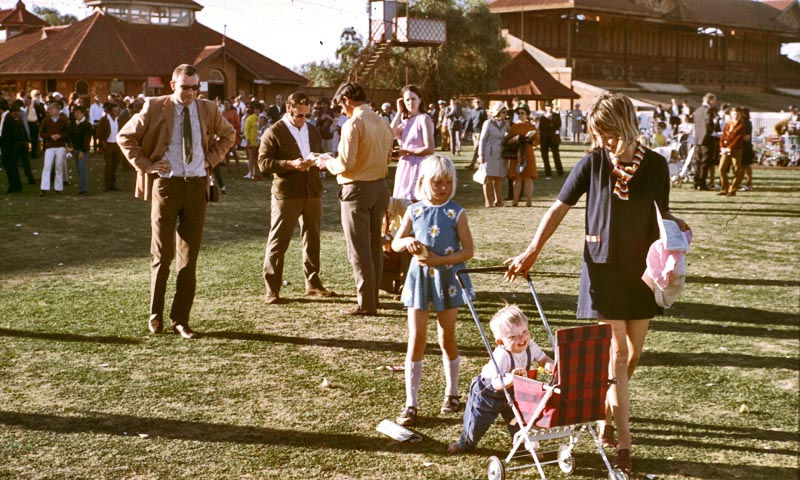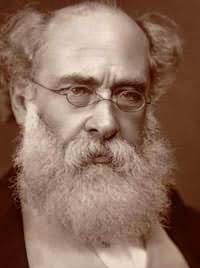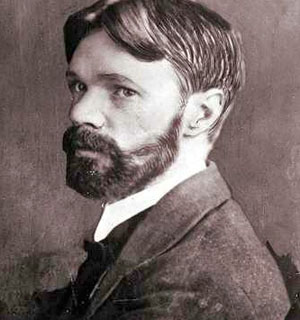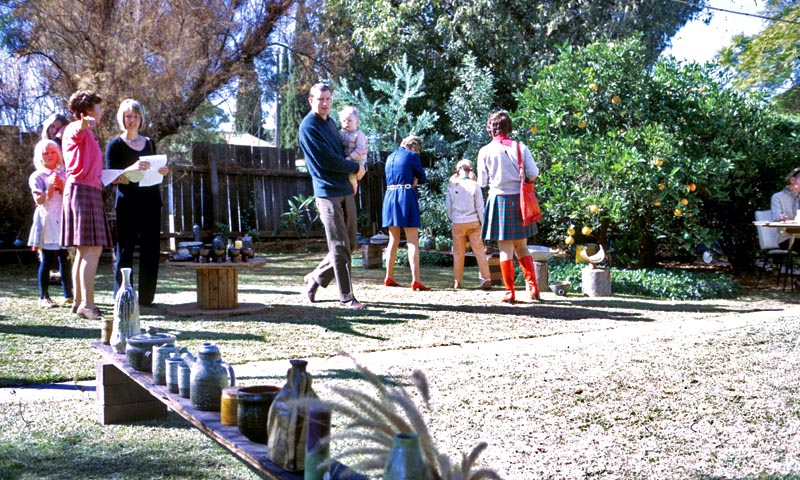5. Happiness and the Family
Previous - Next - Contents
 Up to this point I (like Epicurus and other philosophers I have read up on)
have considered the pursuit of Happiness exclusively from the single
individual's perspective.
Up to this point I (like Epicurus and other philosophers I have read up on)
have considered the pursuit of Happiness exclusively from the single
individual's perspective.
However when one is married (or is in a long term relationship) and perhaps has
children as well, a whole new perspective is added to one's pursuit of Happiness.
It is not appropriate to include family members under the Happiness factor of
"Friendship", instead they represent a whole new factor by themselves.
1. Health 2. Freedom
3. Thought 4. Sense of Purpose
5. Family 6. Friendship
7. Environment
A family affects one's Happiness in two different ways : directly and
indirectly.
Direct effect
When choosing a partner some
of your factors for achieving Happiness are directly affected, obviously your
personal Freedom and possibly also your preferred Environment. In a
good marriage or partnership both partners have similar or compatible
preferences for (at least some of) their Happiness factors.
 One of the great attractions for myself (as well as for my wife Antien) was that
we both wanted to leave Holland and emigrate to Australia.
One of the great attractions for myself (as well as for my wife Antien) was that
we both wanted to leave Holland and emigrate to Australia.
So our mutual
Environment factor in fact strengthened our relationship bond.
We had also good
compatibility in our daily life styles and artistic tastes and cherished each
others company, so that I never felt the obvious boundaries of freedom a
relationship entails.
A relationship sets boundaries to your personal Freedom, but it also opens a
door to (what Anthony Trollope so elegantly and brilliantly describes
as) the freedom of perfect intimacy.
- Intimacy within a partnership
enables you (gives you the freedom) to be more yourself than with any other human being on earth.
 In his 1915 novel The Rainbow D H Lawrence describes the emotional and mental growth experienced
by two people when they enter into a marriage or (these days) a serious relationship.
In his 1915 novel The Rainbow D H Lawrence describes the emotional and mental growth experienced
by two people when they enter into a marriage or (these days) a serious relationship.
"She had given him a new, deeper freedom. He had come into his own existence. He
was born again a second time, born at last unto himself, out of the vast body of
humanity.
Before he had only existed in so far as he had relations with another
being. Now he had an absolute self - as well as a relative self."
(DH adds that initially it is "a very dumb, weak, helpless self,
a crawling nursling.")
As a strong introvert I felt this
particularly and strongly and cherished it highly in our relationship. It is an
aspect of freedom which (I believe) can not be obtained in any other way.
Indirect effect
When married, or even divorced with children, their happiness has a great bearing
on your own. No matter how happy you are within your own personal circumstances,
when something pleasant or unpleasant happens to them it resonates with you and
affects your feelings accordingly.
Throughout my married life I have been acutely aware of this fact. Due to my
profession as a geologist we moved frequently, with each move upsetting the
social circles my wife and children had set up for themselves. Ensuring their
happiness was therefore always my main priority.
 So with each move Antien and I did our very best to find a good location and
pleasant home to live in. Antien was a potter. I therefore always made sure that at
each place she had her own studio fully equipped and to her liking, and I always
encouraged and supported her with the organisation of her regular art exhibitions.
So with each move Antien and I did our very best to find a good location and
pleasant home to live in. Antien was a potter. I therefore always made sure that at
each place she had her own studio fully equipped and to her liking, and I always
encouraged and supported her with the organisation of her regular art exhibitions.
Antien
on her part always made friends quickly setting up a new social circle in which
our children could be happy.
Now, many years later my happiness is still affected by all of them to some
extent, unfortunately these days there is usually not much I can do to help them
when they are down. But so it perhaps should be. They are grown up and must fend
for themselves the best they can. In fact on the whole they are doing quite well.
Next Page -
Top of Page
Copyright © 2010 Michael Furstner
|

 One of the great attractions for myself (as well as for my wife Antien) was that
we both wanted to leave Holland and emigrate to Australia.
One of the great attractions for myself (as well as for my wife Antien) was that
we both wanted to leave Holland and emigrate to Australia. 
